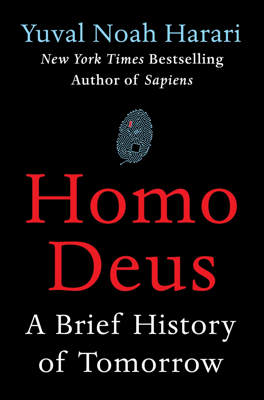The New Human Agenda
The chapter discusses humanity's awakening in the third millennium, facing significantly reduced threats from the traditional adversaries of famine, plague, and war, and realizing newfound control over these age-old problems. It brings into focus the idea that people now see the management of these issues as more of a technical challenge that can be controlled and fixed rather than as inevitable natural or divine disasters.
With these fundamental threats more under control, humanity is compelled to shift its focus toward new frontiers: immortality, happiness, and divine-like powers. This perspective shift has seen life expectancy increase, and people die more from diseases related to old age and non-infectious causes rather than from infectious diseases, raising pressing questions about humanity's new priorities and challenges in the 21st century.
The chapter further delves into the biological poverty line, examining how humanity has historically combated famine and starvation but now faces new dietary challenges like obesity due to over-nutrition. This juxtaposition highlights the dynamic shift from fighting scarcity to managing abundance.
The text explores the limits of historical experience in coping with modern problems. For example, although quickly evolving technologies offer solutions for age-old menaces and have the potential to dramatically reshape societal norms, they also introduce complex ethical dilemmas and the possibly irrevocable transformation of what it means to be human.
In summary, the conquests over famine, plague, and war have prompted humankind to reconsider its agenda, leading to potentially focusing on harnessing biotechnology and information technology to tackle new existential frontiers like achieving immortality, perpetual happiness, and divine capabilities. These aspirations reflect not merely advancements but also a massive shift in the perception of human potential and its future trajectory.
